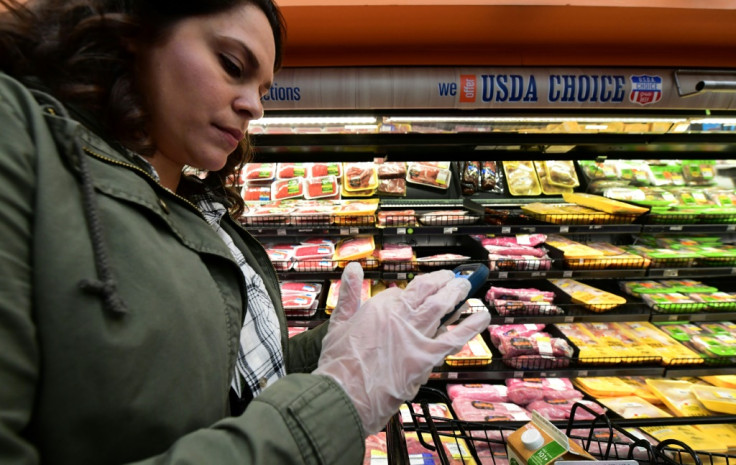Food and food packaging unlikely sources of COVID-19 transmission: Experts
A global organisation of food experts stated they have not found evidence that food handling or food packaging is a vital transmission route of SARS-CoV-2.
Those who get anxious about getting coronavirus from grocery whenever they make a trip to the supermarket may not have to be so worried after all. A health body just showed that it is very unlikely for food to be a source of transmission of the deadly COVID-19.
A global organisation of food experts looked into evidence that would indicate whether food can be a source of COVID-19 transmission. The International Commission on Microbiological Specifications for Foods (ICMSF) is an organisation formed in 1962 for the purpose of providing science-based guidance to the food industry and the government, particularly in evaluating and controlling food safety at microbiological levels.
The ICMSF, as reported by CNN, stated that they have not found evidence that food handling or food packaging is a vital transmission route of the SARS-CoV-2 virus, which could result in getting people infected. It added that there are no foods that must be regarded as a risk for SARS-CoV-2.
The organisation highlighted though that it would still be prudent if good hygiene is always practiced even though they have not yet seen people getting infected with the virus because they ate something contaminated.
The ICMSF also noted that the focus of the food business must be on protecting consumers, food workers, and restaurant patrons. Preventing the spread through person-to-person contact among these groups has to be underscored.
The ICMSF statement is supportive of an earlier report made by the U.S. Food and Drug Administration that food or food packaging does not offer a real risk of getting infected when it comes to COVID-19.
The FDA previously released a statement assuring that there was also no evidence of either human or animal food or food packaging that has been associated with coronavirus transmission.
Dr Jamie Lloyd-Smith, a scientist who worked on analysing how long coronaviruses stay on the surface, revealed that while these viruses stay on the surface, he does not bother to wipe down takeout or groceries. One thing that he was keen at is washing his hands thoroughly after unpacking grocery items. He said that the odds are low for somebody to come along and deposit viruses on grocery items.
© Copyright IBTimes 2025. All rights reserved.






















